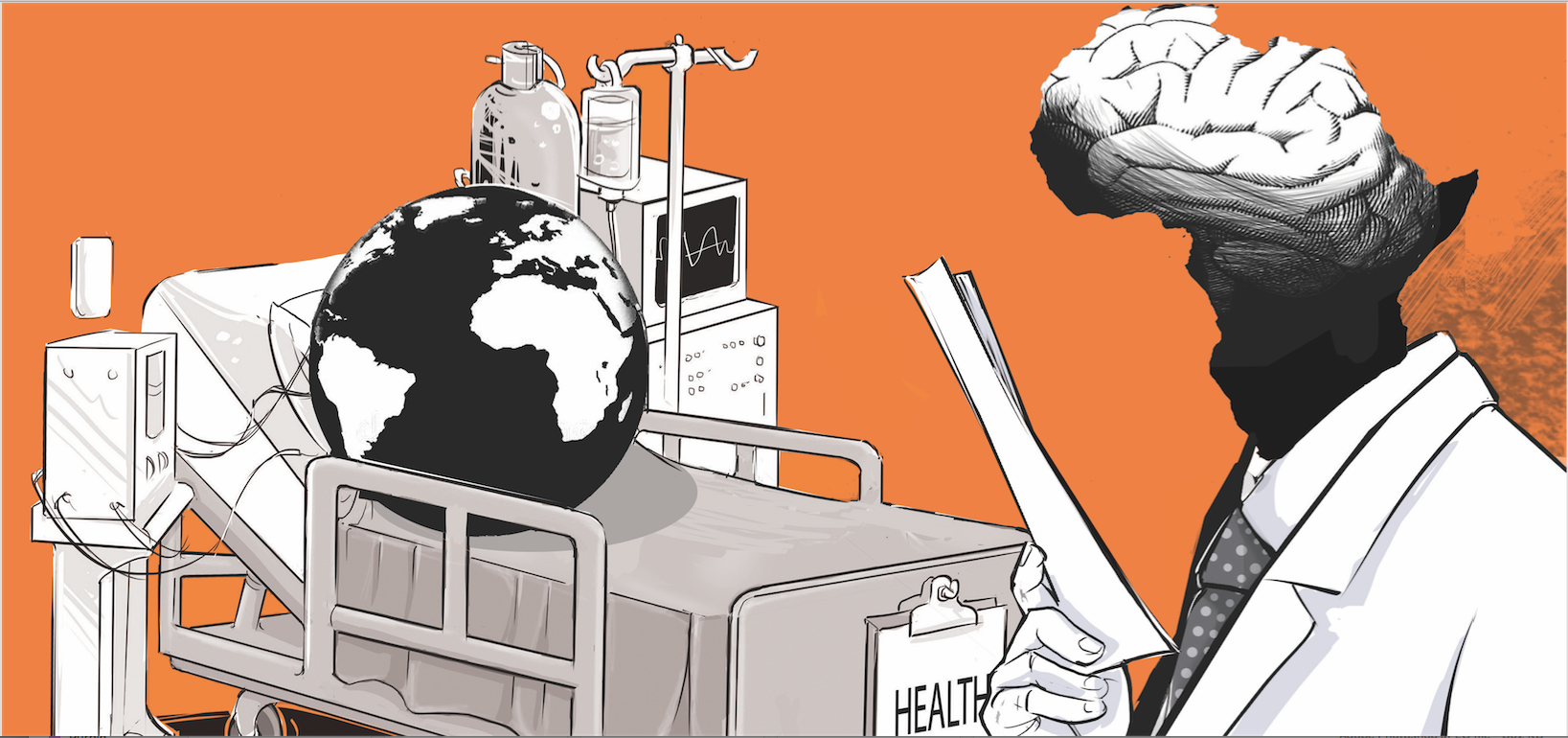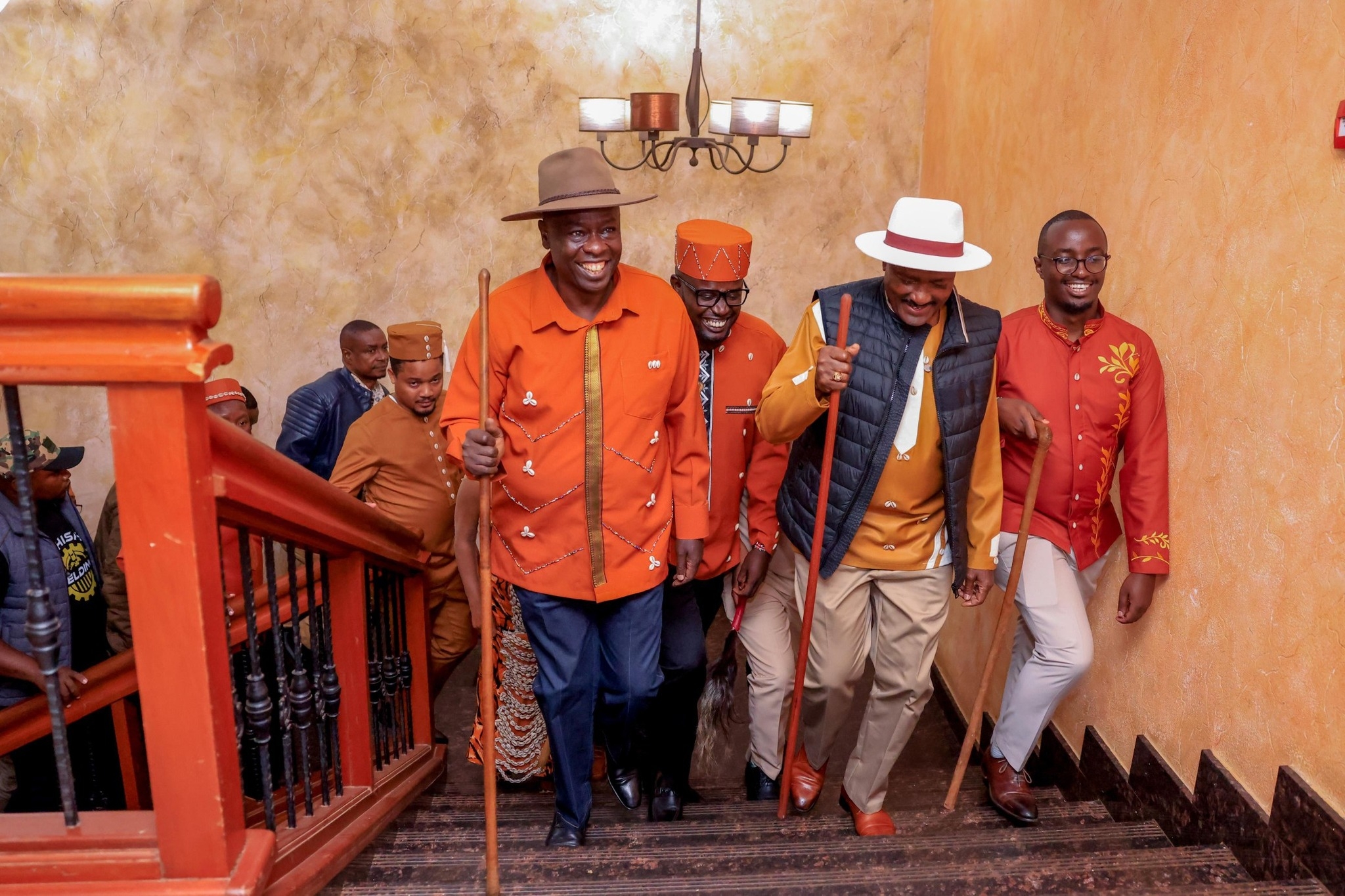

We live in a world that tells us excellence has a particular look, sound and signature. That it must be sealed by institutions far from our borders. In Africa, this conditioning shows up everywhere: in the way we rank our universities, design our healthcare systems, evaluate our professionals and even classify our diseases.
Accreditation. Certification. Validation. Recognition. These words dominate our landscape like gospel. But behind their sterile definitions lies an uncomfortable truth: we are still waiting to be told we are good enough — by someone else.
It is a quiet kind of colonisation. No armies. No flags. Just systems we did not build, rules we did not write and metrics we did not define.
Take medicine, a field I know intimately. Almost every framework we use is imported from the West. Our diagnostic criteria come from populations with different genetics, environments and social determinants. Cancer staging systems like TNM or AJCC assume early presentation, reliable pathology and universal access to care — luxuries our patients rarely have.
Definitions of surgical safety imagine robotic tools, CT-guided planning and nurse-patient ratios we can only dream of. Even medical education accreditation, such as ACGME International, pushes African institutions to replicate US residency models. These reflect best practice there, but often disregard what is possible and impactful here. So we must ask: when we call something “world-class”, do we mean it works everywhere — or do we simply mean it was endorsed elsewhere?
And this is not just medicine. Across Africa, the default calibration is external. Universities chase rankings designed in London and California, rewarding publication counts and global faculty while ignoring community impact or contextual innovation. Telecom regulators adhere to ITU frameworks that barely register Africa’s own revolutions such as mobile money.
Farmers practising regenerative methods passed down for centuries are denied “organic” certification because they cannot produce the right European paperwork — even though their practices are chemically untouched. These standards are not neutral. They carry assumptions, histories and economic baggage. And they cost us dearly, not just in money but in authenticity and confidence.
This is not an argument against global benchmarking. Science thrives on shared rigour. Collaboration makes us better. But there is a danger in conformity without context.
We misallocate resources, building
systems that look good on paper while frontline realities remain unchanged. We
suppress innovation by penalising solutions that do not fit imported checklists.
We perpetuate dependence by teaching generations of African professionals that
validation must always come from elsewhere. And worst of all, we erode our
confidence in our own ways of knowing, doing and leading.
Imagine instead what Africa could build if we began to define standards for ourselves. What if accreditation in healthcare rewarded outcomes per dollar spent, community-integrated training and task-shifting models that reflect our real workforce — rather than demanding the equipment and ratios of Boston or Berlin?
What if universities were ranked not by how many foreign faculty they attract but by how well they solve national development goals, innovate in low-resource settings and embrace African languages as legitimate mediums of scholarship? What if governance indicators measured resilience in post-colonial realities, not just bureaucratic neatness?
Some argue we are not ready. That we lack the capacity to set and enforce our own standards. But if African institutions can meet Western benchmarks — and many have — then surely we can set our own. In fact, it is harder to retrofit ourselves to someone else’s blueprint than to design one for ourselves.
Institutions like Aga Khan University Hospital Nairobi, the University of Cape Town, Makerere, and Moi Teaching and Referral Hospital straddle both worlds. They have earned Western validation. They have built local trust. They do not have to choose. But they must lead.
And to our global partners: this is not an indictment, it is an invitation. An invitation to reimagine partnerships that support African self-definition, not just compliance. An invitation to recognise that excellence can have many accents — and that a truly global standard must be informed by every corner of the globe, not just the wealthiest. We are not asking to be cut off. We are asking to be co-authors.
The most enduring chains are not the ones on our wrists. They are the ones in our minds — the quiet voice that whispers: you need their approval to matter. Africa does not need permission to define excellence. We are enough to set our own standards. We are enough to build systems that work for our people. We are enough — not because someone said so, but because we know so.
Africa’s future will not be built by imitation. It will be built by imagination.
Surgeon, writer and advocate of healthcare reform and leadership in Africa














